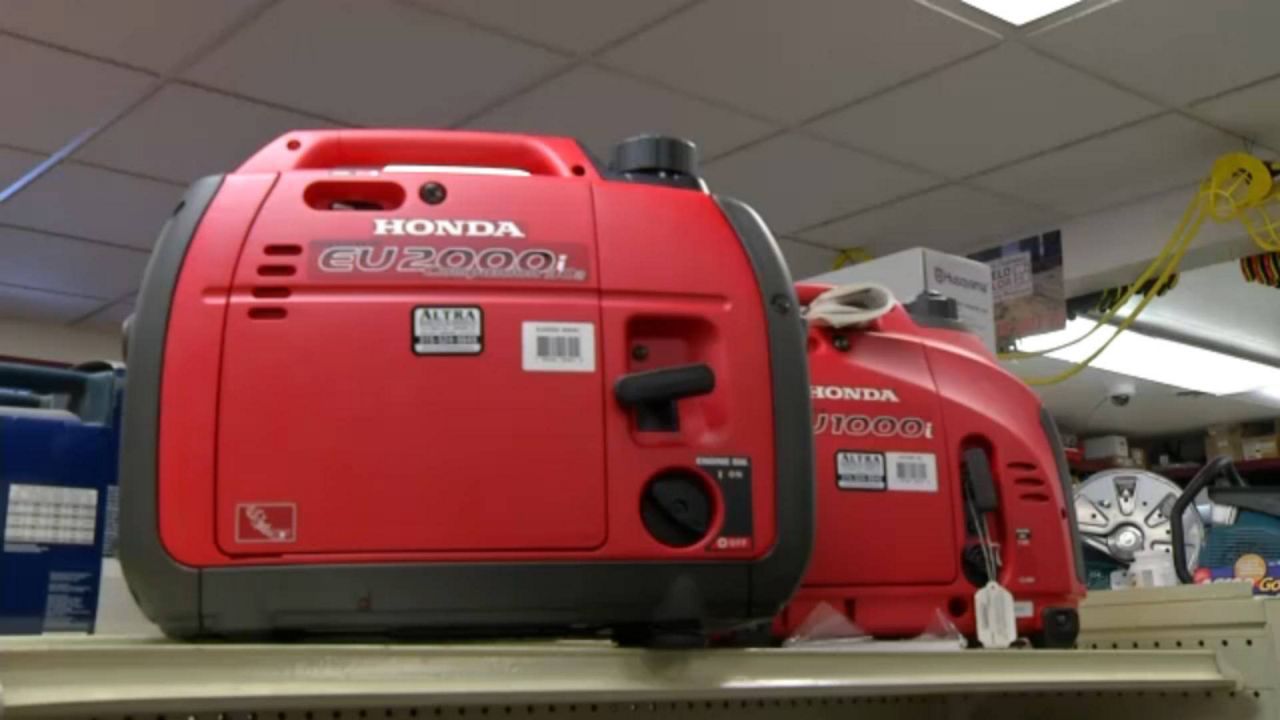Incidents of carbon monoxide poisoning are starting to emerge, according to local health officials. This highlights the importance of generator safety. Portable generators are useful during power outages, but improper use can be risky and tragic.
What You Need To Know
- Incidents of carbon monoxide poisoning are starting to emerge as a result of high usage due to Hurricane Ian
- Carbon monoxide is an invisible, odorless, tasteless gas and is highly poisonous
- Owners of generators are encouraged to go get fresh air right away if they start to feel sick, dizzy, or weak while using them
Carbon monoxide is an invisible, odorless, tasteless gas and is highly poisonous. Depending on the level of exposure, carbon monoxide may cause fatigue, weakness, chest pains for those with heart disease, shortness of breath upon exertion, nausea, vomiting, headaches, confusion, lack of coordination, impaired vision, loss of consciousness, and in some cases, death.
The most common dangers associated with portable generators are carbon monoxide poisoning, electrical shock or electrocution and fire hazards. Cooking in enclosed areas with gas grills is also extremely dangerous.
Here is what you should know:
- Generators and gas grills should be operated in well-ventilated locations, outdoors, away from all doors, windows and vent openings.
- Never use a generator or gas grill in an attached garage, even with the door open.
- Place generators so that exhaust fumes can’t enter the home through windows, doors or other openings in the building.
- Install carbon monoxide alarms in your home. Follow manufacturer’s instructions for correct placement and mounting height.
- Turn off generators and let them cool down before refueling. Never refuel a generator while it is running.
- Store fuel for the generator in a container that is intended for the purpose and is correctly labeled. Store the containers outside of living areas. Propane tanks should also be turned off when not in use and stored outdoors.
- Do not connect a generator to your home’s electrical system without a licensed electrician providing a means to connect. Improper wiring creates the danger of back feeding the power system, energizing downed lines and fatally electrocuting anyone that contacts those lines.
Carbon dioxide cannot be seen or smelled and portable generators can produce high levels of carbon dioxide very quickly. Owners of generators are encouraged to go get fresh air right away if they start to feel sick, dizzy, or weak while using them.
If you have a poisoning emergency, call your nearest Florida Poison Information Center at 1-800-222-1222. If the victim has collapsed or is not breathing, call 911 immediately.



